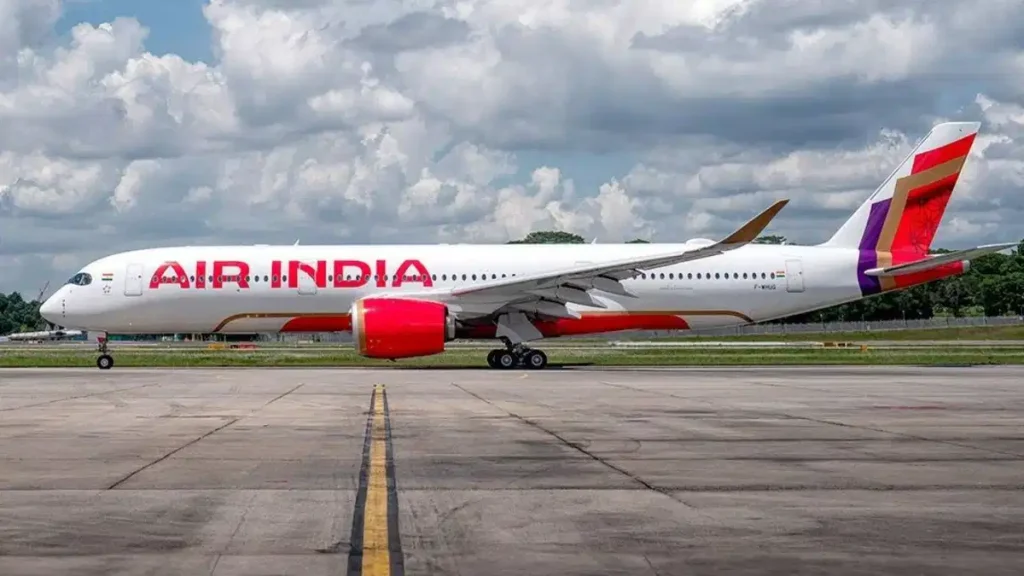Air India has announced plans to scale back its reliance on Turkish Technic for the maintenance of its wide-body aircraft, following recent geopolitical developments. The airline will reroute a portion of its Maintenance, Repair, and Overhaul (MRO) operations to alternative facilities in the Middle East, Southeast Asia, and the United States.

Geopolitical Tensions Prompt Action
This strategic shift follows Turkiye’s recent diplomatic support for Pakistan and criticism of India’s anti-terror operations. In response, India’s Bureau of Civil Aviation Security (BCAS) revoked the security clearance of Turkish ground handling firm Celebi Airport Services India Pvt Ltd on May 15, citing national security concerns.
Further, the Directorate General of Civil Aviation (DGCA) granted a final three-month extension to IndiGo to operate two damp-leased Boeing 777 aircraft from Turkish Airlines, with a deadline to terminate the lease by August 31.
CEO Emphasizes National Sentiment
Air India CEO Campbell Wilson acknowledged the need to respond to national sentiment and geopolitical changes. “We are obviously sensitive to the national sentiment and perhaps the national wishes. We take cognisance of what people like us to do and expect us to do,” he said in a recent interview.
Wilson clarified that while Turkish Technic continues to conduct heavy maintenance for part of Air India’s Boeing 777 and 787 fleet, the airline will now limit its use of Turkish facilities. Aircraft will instead be serviced in other regions until India’s domestic MRO capacity improves.
Gradual Transition and Operational Adaptability
Wilson stressed that redirecting aircraft maintenance operations will take time due to logistical and operational constraints. “With this most recent development, we will look to recalibrate where we send our aircraft, reduce the amount that we are sending to Turkiye and send it to other places,” he noted.
The CEO also highlighted the airline’s approach to adapting to external challenges, including supply chain disruptions and airspace issues. “When you are trying to do a turnaround, there are so many things that require us to act… the opportunity hasn’t changed, in fact, it has become more clear,” he said.
Growth Since Privatisation
Since its privatisation, Air India has recorded significant growth in both passenger and cargo segments. According to Wilson, the airline’s cargo revenue has more than tripled, while passenger revenue has doubled. With a stronger global presence, improved service consistency, and better systems, the airline now considers itself a more competitive player in the international cargo market.
Air India currently operates a fleet of 191 aircraft, including 64 wide-body jets, and is actively working to expand its capabilities both in the air and on the ground.
